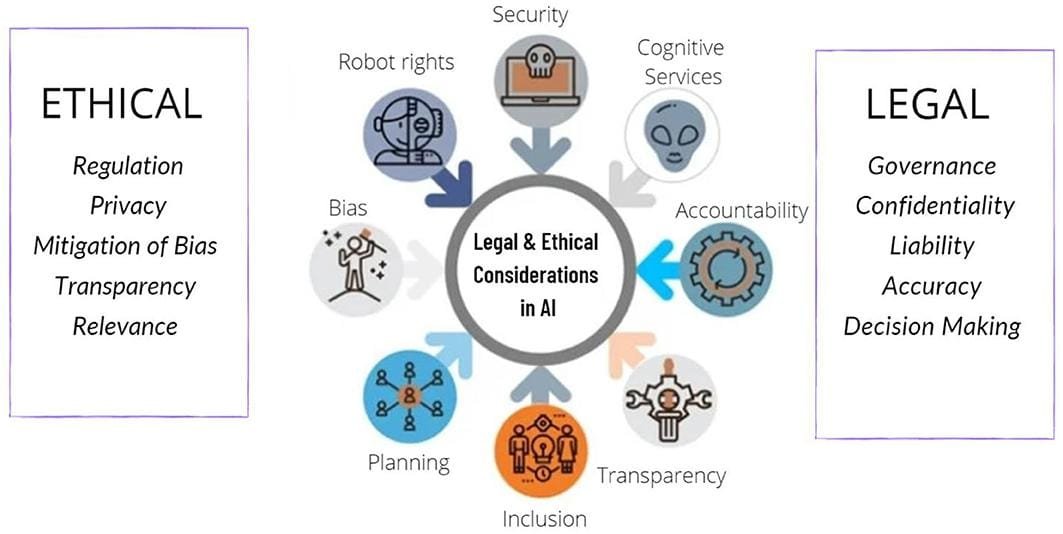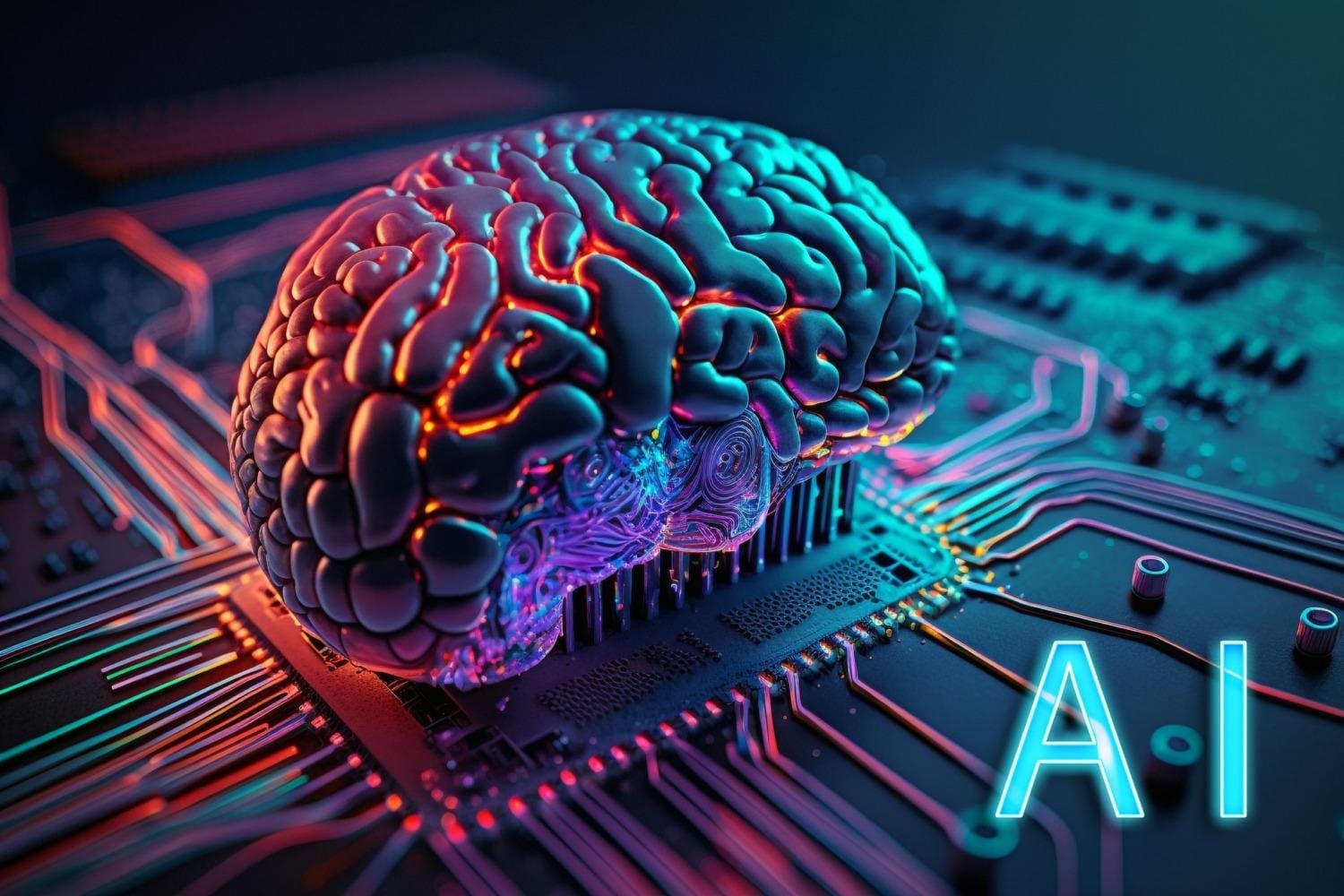Table of Contents
In an age where technology permeates every aspect of our lives, the realm of artificial intelligence rises to the forefront, challenging our traditional understanding of intelligence itself. As we navigate this evolving landscape, we witness not only extraordinary possibilities but also complex dilemmas. The evolution of AI is no longer a distant concept; it is an integral component of our daily experiences.
From smart assistants in our homes to advanced algorithms capable of driving autonomous vehicles, AI is reshaping our world in real-time. The implications are vast, leading us to explore how these innovations impact industries, ethics, and human interaction. As we delve deeper, it becomes apparent that we stand at a pivotal moment in technological history—where the future is not just approaching but is actively unfolding around us.
Exploring the Transformative Power of AI in Daily Life
The integration of AI into our everyday routines is reshaping how we live, work, and communicate. From personalized recommendations on streaming services to smart home devices that learn our preferences, AI is enhancing convenience and efficiency. Its ability to analyze vast amounts of data enables businesses and individuals to make informed decisions quickly, leading to improved productivity and creativity.
In education, AI-driven platforms offer customized learning experiences, accommodating various learning styles. This technology not only fosters engagement but also helps educators identify areas where students may need additional support. Furthermore, in healthcare, AI algorithms assist in diagnosing conditions faster, ultimately saving lives and resources.
| AI Application | Impact |
|---|---|
| Smart Assistants | Streamlined tasks and information access |
| Personal Finance Tools | Enhanced budgeting and savings |
| Health Monitoring Apps | Proactive health management |

Unveiling the Ethical Implications of Rapid AI Advancement
The rapid advancement of artificial intelligence beckons a spectrum of ethical considerations that demand our attention. The potential to enhance efficiency and innovation is matched by the necessity for responsible deployment. As AI systems increasingly influence decision-making, their inherent biases and ethical dilemmas arise. Stakeholders must grapple with questions surrounding transparency, accountability, and the impact on employment, which can redefine societal norms.
Furthermore, the proliferation of AI technology risks overreliance on algorithms that may lack emotional intelligence, raising concerns about the adequacy of human oversight. Critical discussions must revolve around the balance between automation and human values. Collaborative frameworks could bolster ethical AI development, ensuring these technologies mirror the diversity and complexities of the human experience. Balancing innovation with ethical integrity is paramount to harnessing AI’s full potential.
| Ethical Consideration | Impact |
|---|---|
| Bias Mitigation | Ensures fair outcomes across diverse populations |
| Transparency | Facilitates trust in AI systems |
| Accountability | Clarifies responsibility in decision-making |
| Human Oversight | Preserves empathy in critical processes |

Harnessing AI for Business Innovation and Competitive Edge
The integration of artificial intelligence into business strategies is no longer a vision of the future but a present reality. Companies are utilizing AI to streamline operations, enhance customer experiences, and innovate products. By leveraging data analytics and machine learning, businesses can identify trends and make informed decisions that drive efficiency and growth. Key applications include:
- Predictive Analytics: Foreseeing market demands.
- Chatbots: Providing 24/7 customer service.
- Process Automation: Reducing time and human error.
Moreover, the competitive advantage gained from AI is substantial. Companies that harness these technologies not only address their current challenges but also position themselves for future disruptions. Adopting AI empowers organizations to make real-time adjustments and forecast outcomes, ultimately fostering a culture of innovation. Benefits include:
| Benefit | Description |
|---|---|
| Cost Reduction | Automates repetitive tasks. |
| Enhanced Decision-Making | Data-driven insights. |
| Personalization | Tailored customer experiences. |

Navigating the Skills Gap: Preparing for an AI-Driven Workforce
As we step into an AI-driven future, bridging the skills gap has become essential for individuals and organizations alike. The rapid pace of technological advancement necessitates a focus on reskilling and upskilling. Key areas include:
- Data Literacy: Understanding data’s role in decision-making.
- Technical Proficiency: Familiarity with AI tools and platforms.
- Soft Skills: Adaptability, creativity, and critical thinking in human-AI collaboration.
Organizations must invest strategically in workforce development programs that prioritize continuous learning. Providing access to resources enables employees to stay ahead in this evolving landscape. A well-designed training program might include:
| Program Type | Focus Area |
|---|---|
| Workshops | Hands-on AI tools training |
| Online Courses | Data science fundamentals |
| Mentorship | Career development in tech roles |
In Summary
As we stand at the precipice of a new technological era, it is evident that artificial intelligence is not just a concept of the future but a reality shaping our present. The unfolding journey of AI presents both exciting opportunities and significant challenges that society must navigate thoughtfully.
Key takeaways to consider include:
- AI’s rapid integration into various industries is altering workflows and skills required.
- Ethical considerations are paramount, as the power of AI can uplift or undermine society.
- Continuous learning and adaptation are essential for individuals and organizations to thrive alongside AI advancements.
In this dynamic landscape, it is crucial to remain informed and engaged, fostering a dialogue about how we can collaboratively shape an inclusive and responsible future powered by artificial intelligence. As we embrace this evolving frontier, let us remember that with great innovation comes great responsibility. The future is indeed unfolding—let’s ensure it is a future we can all embrace.



